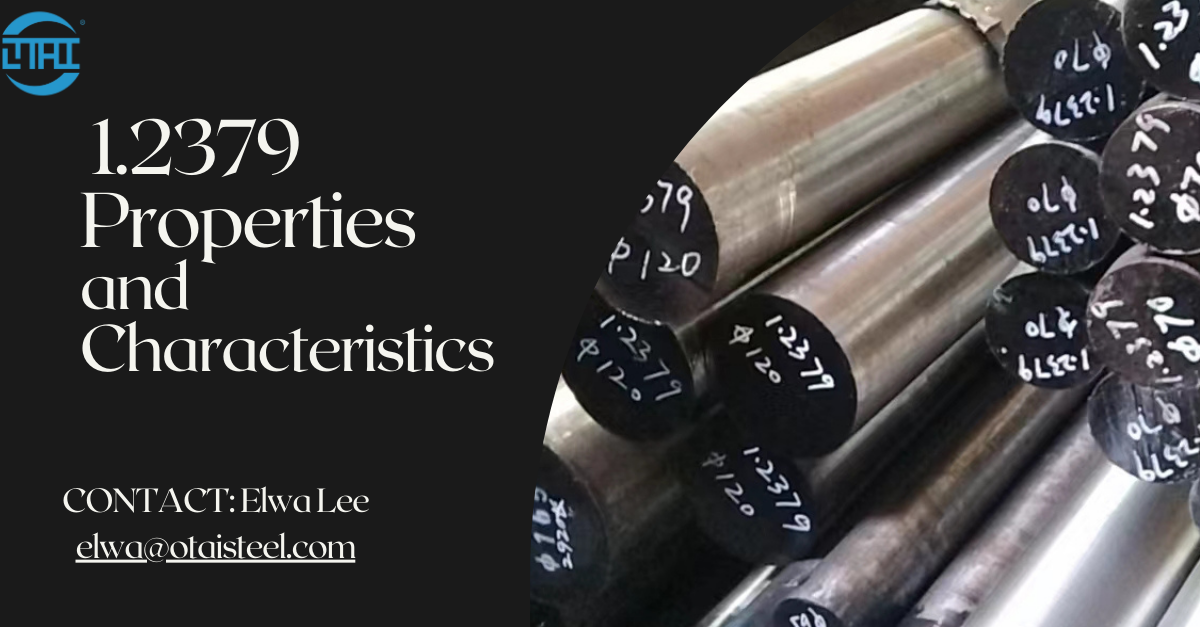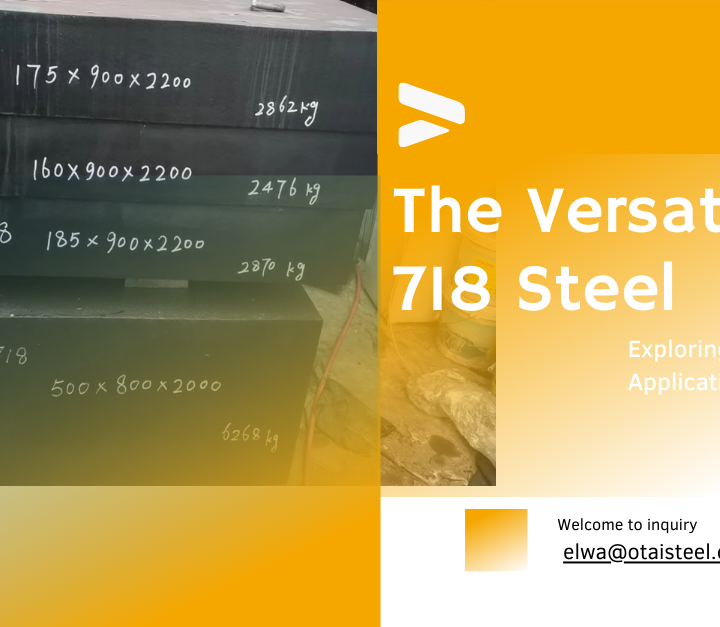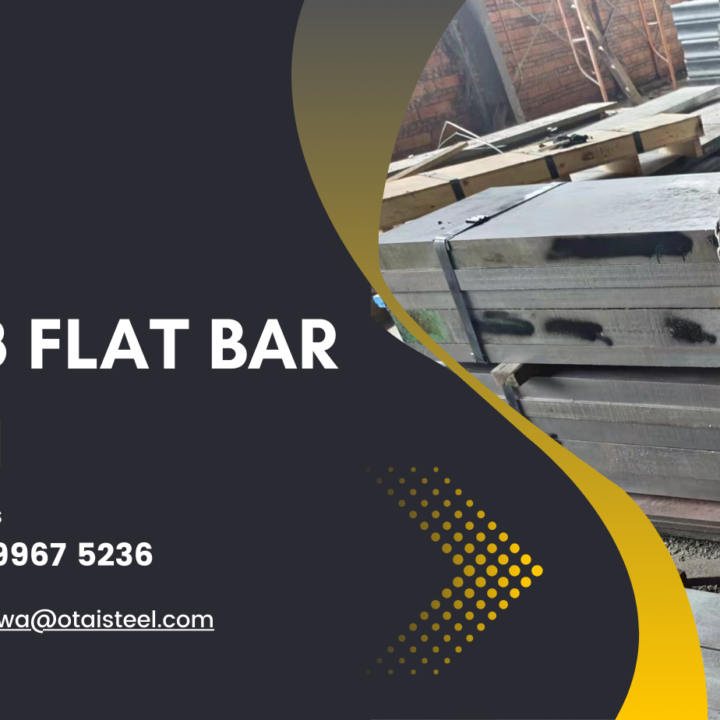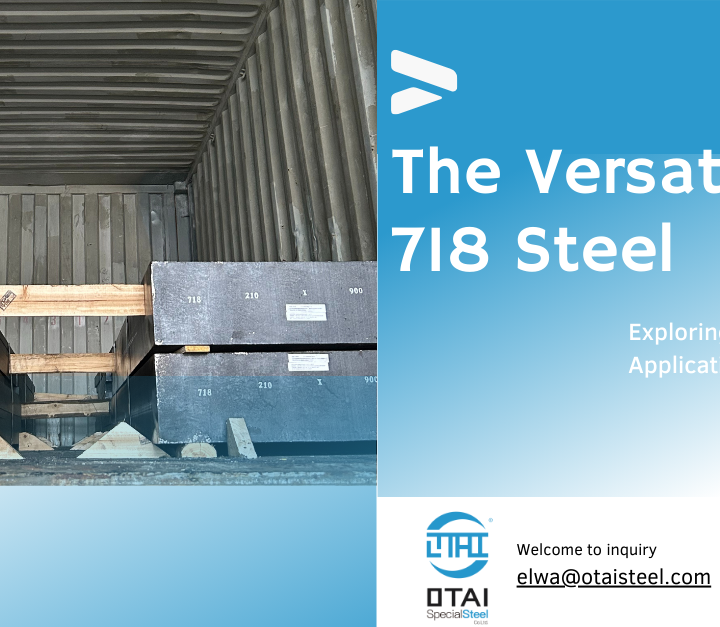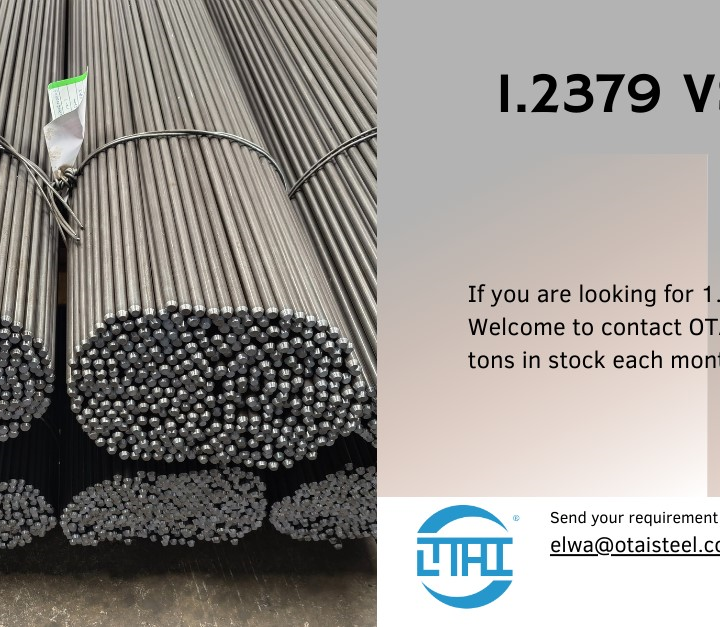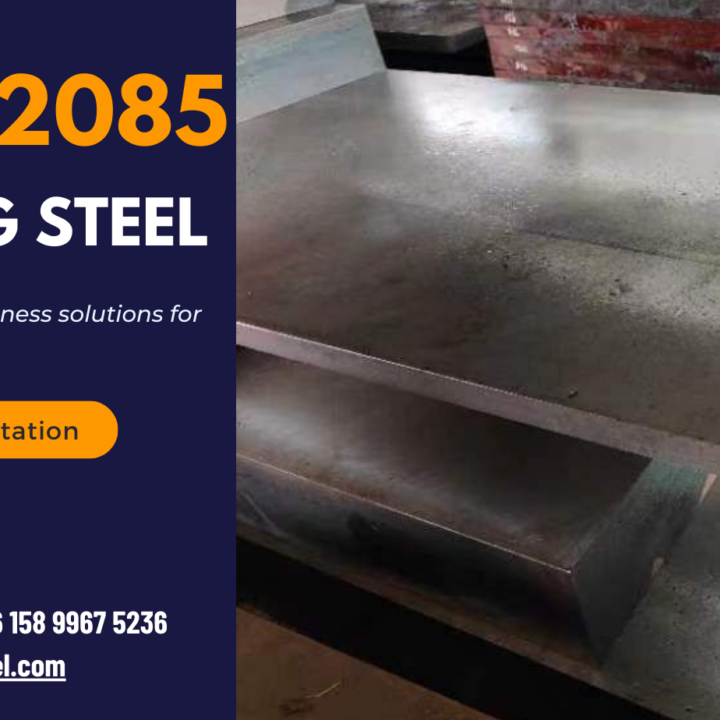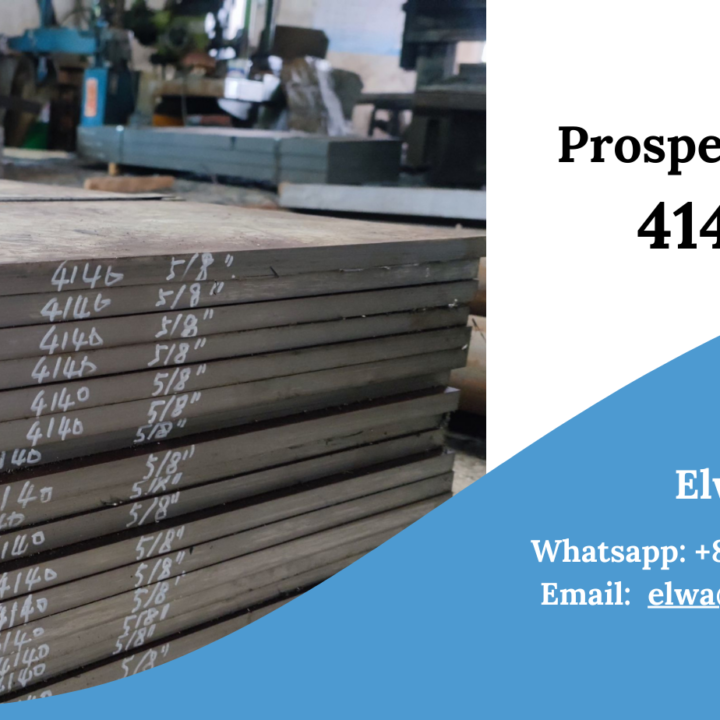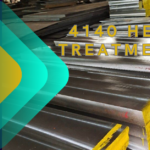When it comes to steel materials, 1.2379 steel stands out for its exceptional properties and versatile applications. In this article, we’ll explore the world of 1.2379 steel, its characteristics, and how it’s used in various industries.
Understanding
1.2379 steel, also known as D2 steel, is a high-carbon, high-chromium tool steel.
It’s widely employed in manufacturing cutting tools, dies, and molds due to its impressive wear resistance and toughness.
This steel retains its hardness even at high temperatures, making it ideal for demanding applications.
Chemical Composition:
Examining the chemical composition of it helps us understand its properties.
The primary elements include:
Carbon (C): 1.40% – 1.60%
Chromium (Cr): 11.00% – 12.50%
Vanadium (V): 0.70% – 1.00%
Molybdenum (Mo): 0.60%
These elements contribute to the steel’s hardness and corrosion resistance.
Hardness and Wear Resistance
1.2379 steel is known for its exceptional hardness, achieved through heat treatment.
This hardness ensures extended tool life, reducing production costs and downtime.
Its wear resistance is a valuable feature in various applications.
Toughness and Impact Resistance:
Despite its high hardness, it exhibits good toughness.
This quality makes it resistant to chipping and cracking, even under heavy loads.
It’s particularly useful when impact resistance is essential.
Heat Treatment
Heat treatment processes, such as quenching and tempering, enhance it’s strength and toughness.
Applications
1.2379 steel finds applications across industries, including:
Metalworking: Cutting tools, drills, and milling cutters.
Die and Mold Making: Ideal for cold working applications.
Woodworking: Used for cutting and shaping tools.
Plastic Molding: Suitable for making injection molding dies.
Corrosion Resistance:
Thanks to its chromium content, it displays good corrosion resistance. Proper storage and maintenance are crucial to prevent corrosion.
Conclusion
In summary, 1.2379 steel’s impressive hardness, wear resistance, toughness, and corrosion resistance make it a valuable tool steel. Its versatility and high-temperature performance contribute to its popularity across various industries.
FAQs:
1. Can 1.2379 steel withstand high temperatures?
Yes, it maintains its hardness at elevated temperatures, making it suitable for such applications.
2.How can I optimize 1.2379 steel through heat treatment?
Consider methods like quenching and tempering to enhance its properties.
3.Where is 1.2379 steel commonly used in the automotive industry?
It’s employed in making cutting tools, punches, and dies for metal stamping and forming.
4. Is it suitable for woodworking tools?
Yes, its hardness and wear resistance make it an excellent choice for woodworking tools.
5. What measures can prevent corrosion in 1.2379 steel tools?
Proper storage and maintenance, including oiling the tools, can help prevent corrosion.
Our goal is to provide valuable insights into 1.2379 steel’s properties and applications. If you have further questions or require assistance with it or any other steel materials, please reach out to us. We’re here to assist you in finding the best solutions for your industrial needs. For more information or inquiries, please reach out to us at elwa@otaisteel.com or on WhatsApp at +86 158 9967 5236.
